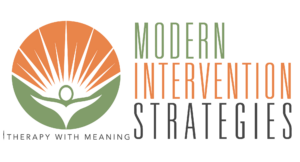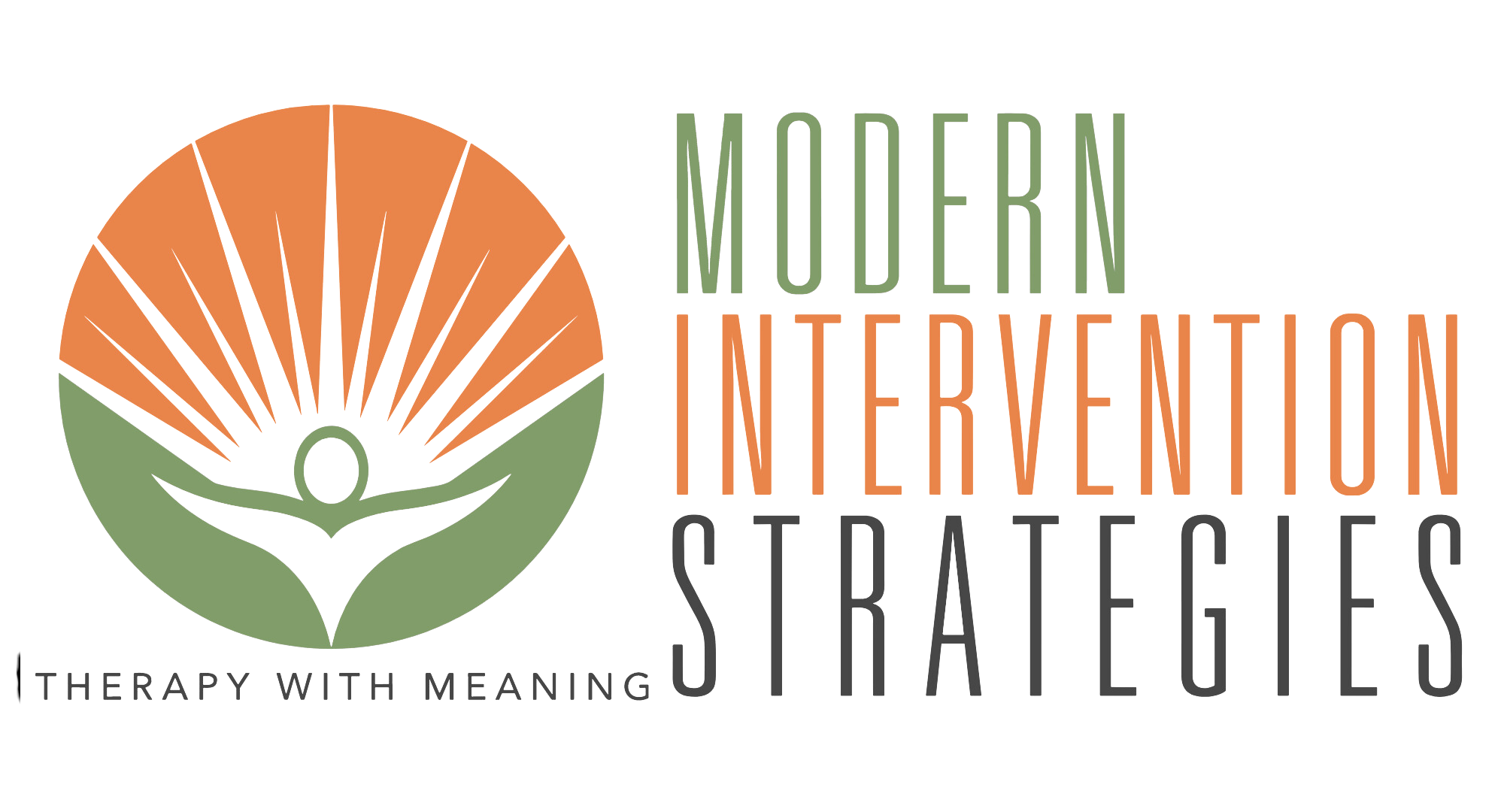You’re not bad at boundaries. You were taught that setting them wasn’t safe.
You don’t struggle with boundaries because you’re too nice.
You struggle because saying no feels like danger.
Not logical danger. Emotional danger.
The kind your nervous system recognizes from years ago—when you learned that being good meant being agreeable.
You’re the strong one.
The one who holds it all together.
The one who knows what others need before they say it.
But somewhere in that role, you started disappearing.
Now, every time you try to take up space, speak up, or pull back—your body says, “This isn’t safe.”
This isn’t about communication skills.
It’s about survival scripts you never got to rewrite.
The Real Reason Boundaries Feel So Hard
Most high performers believe their struggles are related to productivity, poor time management, or burnout.
But underneath it is something deeper:
A belief that your worth depends on your output.
When being needed becomes your identity, boundaries feel like betrayal.
You’re not just saying no to a request—you’re saying no to being seen as valuable.
And for someone whose identity is fused with proving, that feels like a threat.
Your nervous system isn’t confused.
It’s protecting you from something it thinks is dangerous: rejection, judgment, or abandonment.
That’s why your hands sweat, your voice shakes, or you backpedal when you finally speak up.
It’s not because you’re weak.
It’s because your body remembers what it felt like to be unloved for having needs.
How Imposter Syndrome Affects Boundaries in High Performers
If you’re someone who looks competent but feels like a fraud inside, boundaries feel like they need justification.
Here’s how imposter syndrome makes setting boundaries harder:
- You feel like you have to earn your rest. You only feel worthy after overextending.
- You’re afraid of being exposed as “selfish.” Especially if your value has always been tied to how helpful or available you are.
- You don’t trust your “no” to be valid without a reason. Because being agreeable has kept you safe.
- You fear silence. If you say no and someone gets quiet, your brain fills in the worst-case scenario.
Your nervous system associates boundaries with disconnection.
So it floods you with guilt.
Even when your boundary is loving, clear, and kind.
Why Boundaries Trigger Guilt, Fear, and Shame
Here’s what no one tells you:
Guilt doesn’t always mean you’re doing something wrong.
Sometimes, guilt is a sign you’re finally doing something different.
If you were raised in an environment where boundaries were framed as rejection, setting them now may feel like betrayal.
You may have learned:
- Saying no makes you ungrateful.
- Taking space means you don’t care.
- Asking for time is an inconvenience.
That’s not love.
That’s emotional conditioning.
And it can be undone.

Where This Might Show Up
If you:
- Say yes and instantly regret it
- Apologize before setting a boundary
- Rehearse your responses for hours before you speak
- Freeze when someone looks disappointed
- Avoid requests entirely because saying no feels impossible
You’re not alone.
This is what boundary anxiety looks like in real life.
And it’s more common than you think.
You’re Not Selfish — You’re Reclaiming Your Voice
You’re not cold for protecting your time.
You’re not dramatic for needing space.
You’re not wrong for being honest about what hurts.
You’re not failing.
You’re finally remembering who you are beneath the role.
Boundaries don’t end relationships.
They reveal the ones that never allowed the real you to show up.
And yes, sometimes it gets messy.
People may get mad.
But their discomfort doesn’t mean you were wrong.
It means you’re no longer performing for their approval.
The Cost of Avoiding Boundaries
When you don’t set boundaries, you don’t just stay busy.
You stay invisible to yourself.
You:
- Say yes while your chest tightens
- Tolerate what drains you
- Resent what you agreed to
- Wake up feeling heavy, anxious, or numb
Over time, you lose your sense of self.
You forget what you like, what you want, what you need.
Because your life becomes a performance for other people’s comfort.
And that’s not sustainable.
Try This Instead
Micro-Journal Prompt:
“What part of me is scared I won’t be loved if I say no?”
Somatic Practice:
- Put one hand on your chest, the other on your belly.
- Inhale for 4 seconds, hold for 4 seconds, exhale for 6 seconds.
- Say to yourself: “It’s safe to choose me.”
Boundary Practice:
The next time someone makes a request, pause for a moment.
Say: “Let me get back to you on that.”
This gives your nervous system time to check in, rather than collapsing.
Boundaries don’t require a fight.
They require a pause.
A truth.
A self who finally believes she matters.

You Deserve to Feel Safe Without Explaining
You don’t need a script.
You need safety.
To speak.
To pause.
To say no without guilt.
To say yes to what brings you peace.
This is how you start to feel whole again:
Not by doing more.
But by coming home to the version of you that never needed to earn rest.
📖 Read More: Branding Yourself Into Burnout
📥 Download the Boundary Healing Guide
📩 Book a Session to Explore Your Boundaries in Real Time





